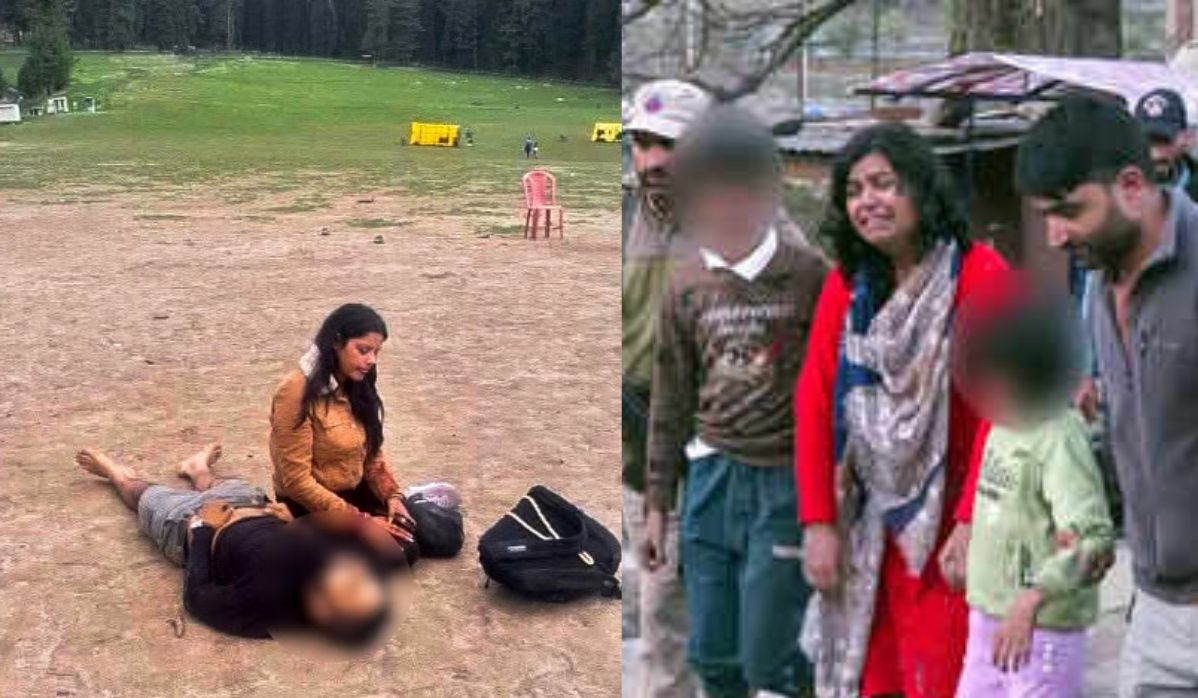Tarun Karthick
Sri Vijaya Puram, 24 April 2025
In a chilling reminder of the cost of terror, 26 innocent lives—including 25 Indian citizens and one Nepali national—were brutally cut short in a cowardly terrorist attack in the Baisaran Valley of Pahalgam on April 22. Several others lie wounded, many critically, after heavily armed terrorists unleashed a hail of bullets on unarmed civilians, most of them tourists.
The assault, carried out by The Resistance Front (TRF), a proxy of the Pakistan-based Lashkar-e-Taiba (LeT), is being called one of the most horrific terror attacks on Indian soil in recent memory.
The attack was timed with chilling precision—just as Jammu and Kashmir was basking in the peaceful conclusion of elections and a sharp revival in tourism. Pahalgam, known as “Heaven on Earth,” turned into a killing field within minutes. Eyewitnesses described scenes of unspeakable horror as terrorists, armed with sophisticated M4 carbines and AK-series rifles, fired on tourists after asking for their religion and demanding that they recite Islamic verses.
In a meeting chaired by Prime Minister Narendra Modi, the Cabinet Committee on Security (CCS) condemned the attack and expressed solidarity with the victims’ families.
India’s Retaliatory Measures:
Recognising the cross-border roots of the terror plot, the CCS announced a battery of strong diplomatic, strategic, and geopolitical actions:
• Suspension of the Indus Waters Treaty: For the first time since 1960, India has decided to hold in abeyance the Indus Waters Treaty, choking the water lifeline of Pakistan.
• Closure of Attari Check Post: Effective immediately, the Integrated Check Post at Attari is shut. Cross-border movement is restricted, and those who have entered India must return by May 1.
• Visa Termination: All SAARC Visa Exemption Scheme (SVES) visas issued to Pakistani nationals are now null and void. Pakistani citizens in India under SVES have 48 hours to leave.
• Diplomatic Downgrade: India has declared Pakistani military advisors in New Delhi persona non grata. India will reciprocally withdraw its own advisors from Islamabad. The strength of both High Commissions is being halved—from 55 to 30 staff members.
• Heightened Vigil: The CCS has directed all security forces to maintain the highest level of alert across the country.
Global Condemnation, United Support:
Governments around the world, including the United States, Russia, France, Japan, UAE, Australia and many others, have denounced the Pahalgam attack. United Nations Secretary-General Antonio Guterres has also issued a strong condemnation of the gruesome terrorist attack.
The Message to Terror Sponsors Is Clear:
This is not just another condemnation or a routine diplomatic rebuke. India has drawn a red line. The Pahalgam massacre has galvanised the nation and its leadership like never before. With this bold and unprecedented response, the message is unmistakable—terror will no longer be met with silence or restraint.
Pakistan, which has for long harboured and sponsored terrorists, now finds itself diplomatically cornered and strategically isolated. The cost of sheltering terrorism will be exacted—drop by drop, action by action.
A Nation Mourns, A Nation Rises:
As candlelight vigils spread across Indian cities and citizens express fury and sorrow, the Indian State is no longer just mourning. It is moving—with purpose, with precision, and with power.

